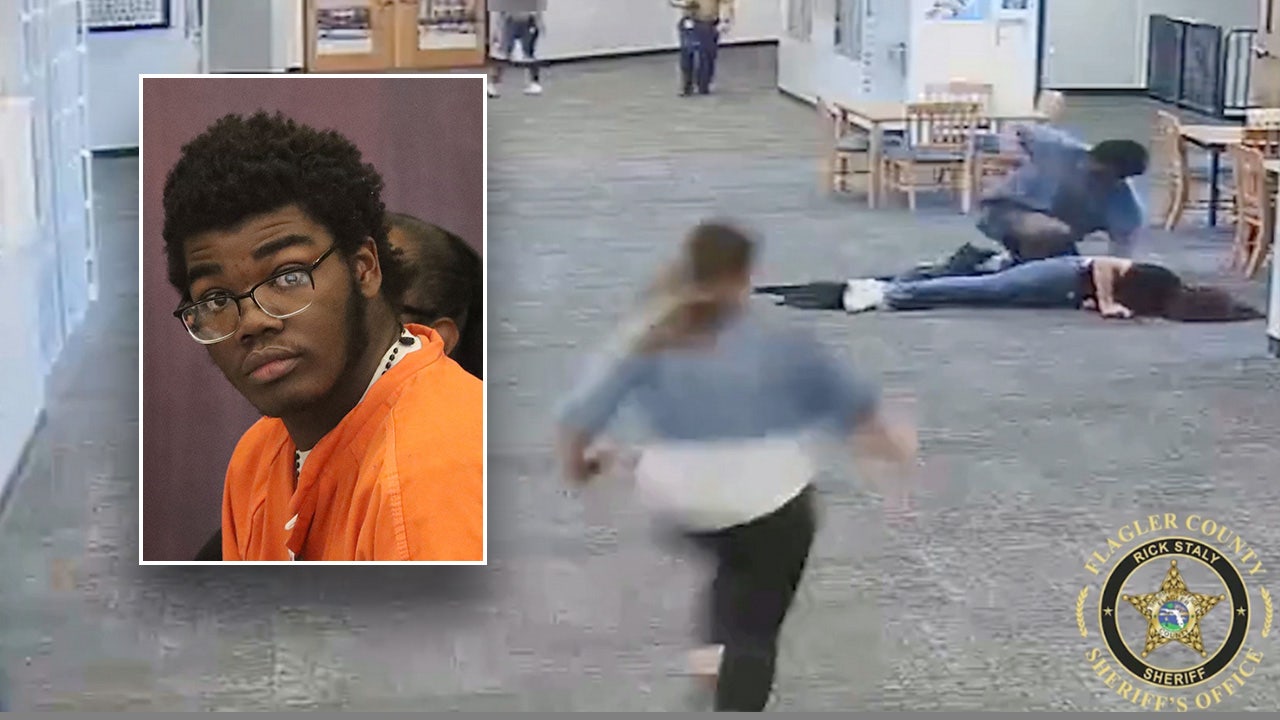Fitch’s team was grateful for A.D.F.’s help. But to them, this had the feel of a power grab — a bunch of Washington lawyers coming down to Jackson to take over once there was a chance to make history. This was Fitch’s case. She had chosen Stewart, and Stewart was determined. Mississippi would forge its own path.
“Like everything else, you get four attorneys in a room, you’re going to get 10 opinions,” Kevin Theriot, an A.D.F. lawyer, said later in an interview, adding that he was on the phone for part of the meeting. “It’s not that our original strategy went out the window. It was just that instead of making ‘You should overturn Roe’ the second argument, they made it the first argument.”
Stewart’s thinking reflected the shifts that had overtaken the anti-abortion movement and the conservative legal project during the Trump administration. For four years, they had gone bigger and bolder than what previously felt possible. Courts blocked many of their state abortion bans. But the efforts themselves had further opened the window of possibilities. To overturn Roe, conservatives had to directly ask the court to do so. A.D.F. might have been skittish about making the request, but Fitch and Stewart were not.
While the anti-abortion views of the movement’s leaders still represented a distinct minority of the country, they had built an elite legal and ideological ecosystem of activists, organizations, lawmakers and pro bono lawyers around their cause. Their policy arms churned out legal arguments and medical studies. Their lawyers argued their cases, and their judges ruled on them, all fostered by the bench that Leo built. And their allied lawmakers pushed their agenda in statehouses and Congress. Yet despite their overwhelming success, many on the left continued to underestimate them. It was their greatest strength.
Behind closed doors, Fitch’s team drew up a nine-slide blueprint, marked “Confidential”: a 12-month political and public-relations strategy in the run-up to the expected court decision on Dobbs in June 2022. “Strategy to maximize impact at SCOTUS,” it began. The whole operation was surprisingly low-budget, estimated as up to $231,000, to be paid out of the attorney general’s office and Fitch’s political fund, according to the private document.






